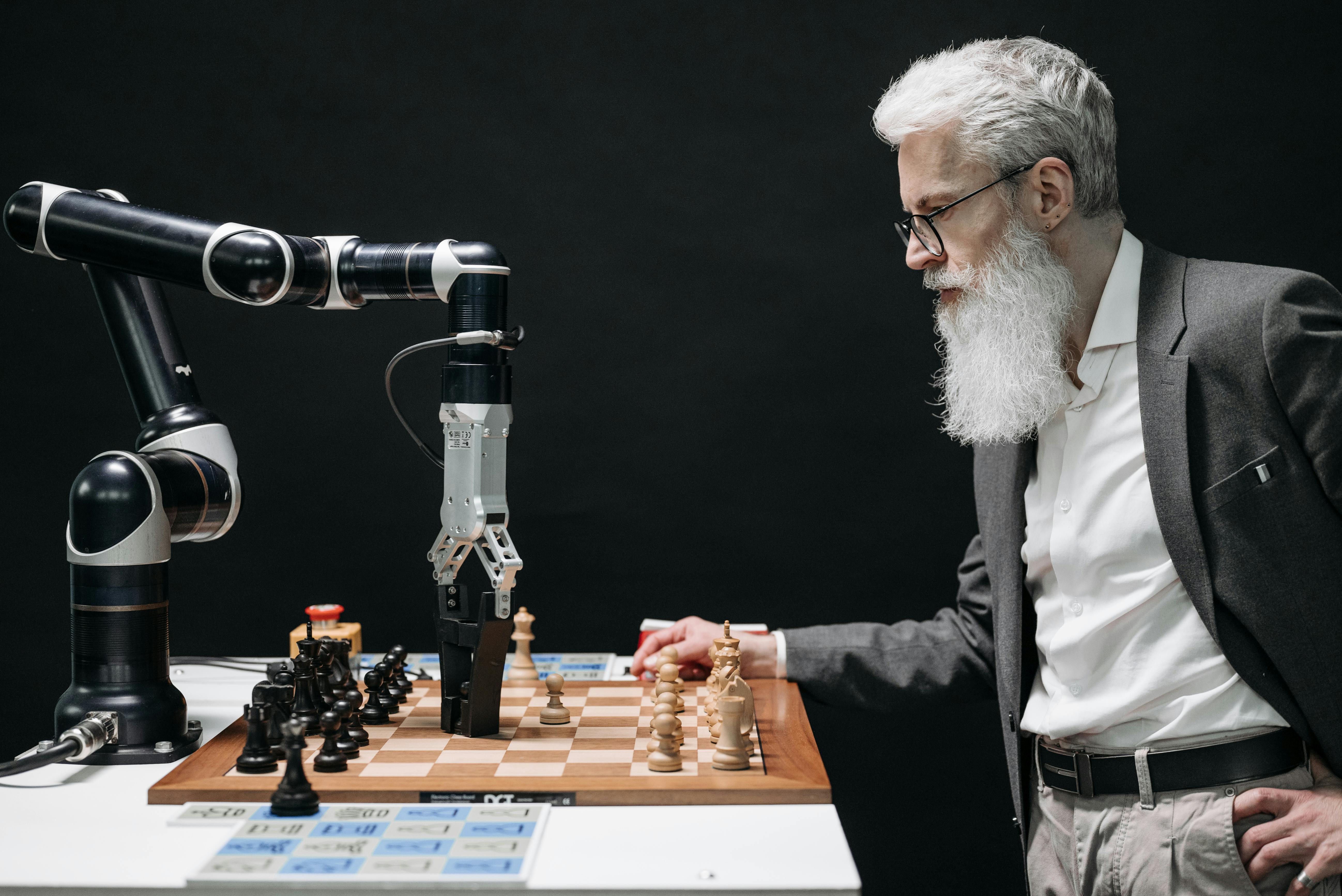Genius: A Novel Unsupervised Self-Training Framework for Advanced Reasoning in LLMs

Top post
Self-Learning AI: Genius – A New Approach for Advanced Reasoning
Improving the reasoning abilities of large language models (LLMs) is a central topic in current AI research. Existing methods for optimizing LLMs after initial training mostly rely on supervised learning, meaning they require example data with predefined correct solutions or utilize additional evaluation models. However, these approaches reach their limits because the creation of such data is time-consuming and expensive, limiting the scalability of the methods. A new research approach called "Genius" therefore pursues a different path: improving the reasoning capabilities of LLMs without external supervision.
Genius is a generalizable and fully unsupervised self-training framework. At its core, it involves progressively determining the optimal response sequence of an LLM and optimizing the model accordingly. It uses a so-called "Stepwise Lookahead Resampling Strategy". This simulates future outcomes to estimate the value of individual steps and thus identify the most promising paths. By simulating various response options, Genius can find the optimal sequence and then train the LLM on it.
The challenge in unsupervised learning lies in the unavoidable uncertainty and inherent noise in the data. To counteract this and ensure robust optimization, Genius uses a special loss function called "Advantage-Calibrated Optimization" (ACO). This compensates for inconsistencies in the estimations and ensures a more stable learning curve.
The combination of these techniques allows Genius to improve the reasoning abilities of LLMs with general queries and without any supervision. This approach is particularly promising because it could revolutionize the scaling of reasoning capabilities, given the enormous amount of available general queries. The developers of Genius see their framework as an important first step towards self-learning LLMs that can continuously and autonomously improve themselves.
For Mindverse, a German company specializing in the development of AI-powered content solutions, such advances in AI research are of great importance. Mindverse offers an all-in-one platform for AI texts, images, research, and more. Furthermore, the company develops customized solutions such as chatbots, voicebots, AI search engines, and knowledge systems. The research results of Genius could contribute to further enhancing the performance of these solutions and opening up new application possibilities.
The release of the code for Genius on GitHub is eagerly awaited by the research community and is expected to drive further innovations in the field of unsupervised learning for LLMs. The ability to train LLMs without elaborate data collection and annotation opens up new perspectives for the development of more powerful and efficient AI systems.
Bibliographie: https://arxiv.org/abs/2504.08672 https://arxiv.org/html/2504.08672v1 https://open.spotify.com/episode/1jLncoqzcYapfH34SqpGy4 https://www.youtube.com/watch?v=tbJfBoSbaSA https://paperreading.club/page?id=298906 https://xufangzhi.github.io/ https://podcasters.spotify.com/pod/show/arxiv-papers/episodes/QA-Genius-A-Generalizable-and-Purely-Unsupervised-Self-Training-Framework-For-Advanced-Reasoning-e31h4bo https://chatpaper.com/chatpaper/zh-CN?id=2&date=1744560000&page=1 https://podcasts.apple.com/us/podcast/arxiv-papers/id1692476016 https://chatpaper.com/chatpaper/fr?id=2&date=1744560000&page=1.png)


